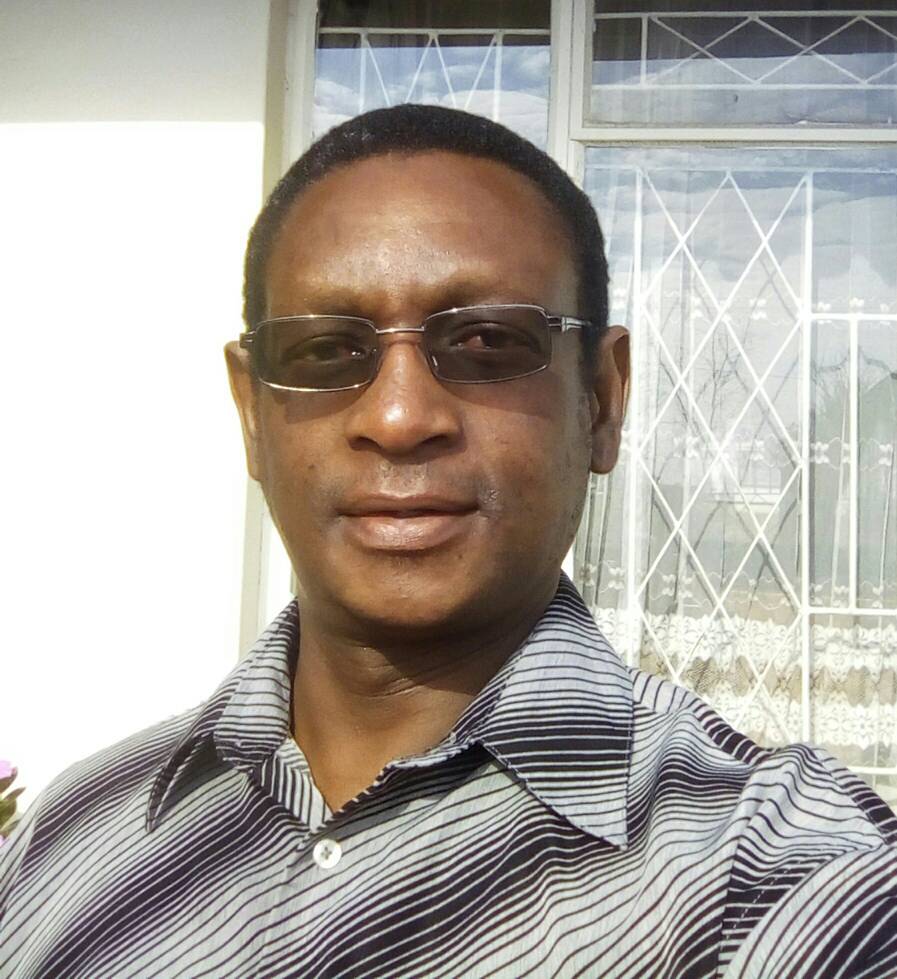The just-ended Zimbabwe parliamentary and local government by-elections, held on March 26, 2022, painted another grim picture of the growing youth indifference and lack of involvement in shaping the country’s destiny – as proven by their low voter turnout.
Tendai Ruben Mbofana
Though, this was not by any means unusual and unexpected – since this has become the norm over the past few crucial elections – nonetheless, the trend appears to be on a worrisome incremental path.
Indeed, statistics showing the exact number of youth participation in the by-elections are not yet available – however, facts on the ground were quite clear of this growing phenomenon of the younger generation’s disinterest in matters political.
Maybe, that is where the problem begins!
As much as the word “politics” carries with it a “dirty”, disdainful, and even frightening tag – mainly, due to the deceitful, underhanded, corrupt, and even downright violent nature of the world of politics (thereby, earning the notorious label of being a “dirty game”) – this need not necessarily be the case.
The term “politics” is derived from the adjective “politic”, by analogy with Aristotle’s τα πολιτικά (“affairs of state”) – to the extent that, politics involves anything and everything that has to do with each and every one of us, and affects us on a daily basis.
Therefore, when it comes to the youth, for instance, whether the socio-economic environment is conducive for them to secure gainful employment, or can venture into establishing successful business enterprises of their choosing (without being forced by circumstances into what they are not truly passionate about, which they undertake simply to make ends meet), or live in a peaceful country – are all determined by politics, or the “affairs of state”.
It would be quite disingenuous and absurd for the youth to complain of the lack of job and income-generation entrepreneurial opportunities, or being disregarded from major decision-making (especially, on matters that directly impact them), when they deliberately absent themselves from the national discourse.
If, for justifiable reasons, our younger generation feel that the political environment is overly toxic, or nothing will ever change even with their participation, or through mere ignorance on the role of politics in their everyday life – it is imperative for concerted efforts by stakeholders to educate our youth.
It is undeniable that the state of politics is largely determined by those actively involved in it – and as such, it goes without saying that, if our youth dream of a more welcoming, peaceful, and even gender-friendly “playing field” – then they need to participate in order to bring about the change they want to see.
As long as our politics is allowed to continue in the hands of those who believe that “might is right” (through brazen violence), or using underhand backstabbing tactics, or being corrupt – then, nothing will change any time soon.
Neither can the youth dreamily expect the government to change the situation on their behalf – but, the country desperately needs self-motivated young people, who can take the bull by its horns, by making the deliberate decision to get involved, so as to force that change.
Let us never forget that the national leaders we have today – who hover over our very lives – entered politics as young boys and girls, who decided to take up arms to fight British colonial rule.
If president Emmerson Dambudzo Mnangagwa is 80 years old this year, and his vice Constantino Chiwenga is 66 – what were their ages at independence in 1980, also taking into account that they spent years in the liberation struggle before that?
Let us be brutally honest – human beings, by their very nature, are a selfish species more concerned by individual or group needs – thus, it would be foolhardy for our youth to expect politics that is run by the older generation to be concerned about their issues and needs (more so, as we do not even understand what these needs are).
As “dirty” as politics may appear today, it is high time youth threw themselves right into this “game”.
This can be achieved in several ways.
Firstly, the usual and most common being taking an active part in political party affairs – and, seeking offices of power and authority, both in the respective organizations or in government structures, such as ward councillors, or members of parliament.
The second, may be in joining or setting up pressure groups that vehemently and fervently advocate the rights and concerns of the youth – without any fear of being labelled “political”, since we have already established that “politics” is merely the “affairs of state”.
Another way is to act independently, although much more demanding and difficult, in youth advocacy and activism work.
Crucially, above all else – actively participating in the country’s electoral processes.
Only that way, can our young men and women see any changes in the manner the country is run, and its affairs handled – with their issues taking centre stage.
As long as they wait for their fathers and mothers in active politics today, to voluntarily and willingly take their concerns seriously, with the gravity their deserve – whilst, the youth sit back, crossing their fingers in hope – then this will forever remain mere wishful thinking, and daydreaming.
The world, most certainly, does not work that way!
© Tendai Ruben Mbofana is a social justice activist, writer, and social commentator. Please feel free to contact him on WhatsApp/Call: +263715667700 / +263782283975, or Calls Only: +263788897936 / +263733399640, or email: mbofana.tendairuben73@gmail.com

COMMENTS